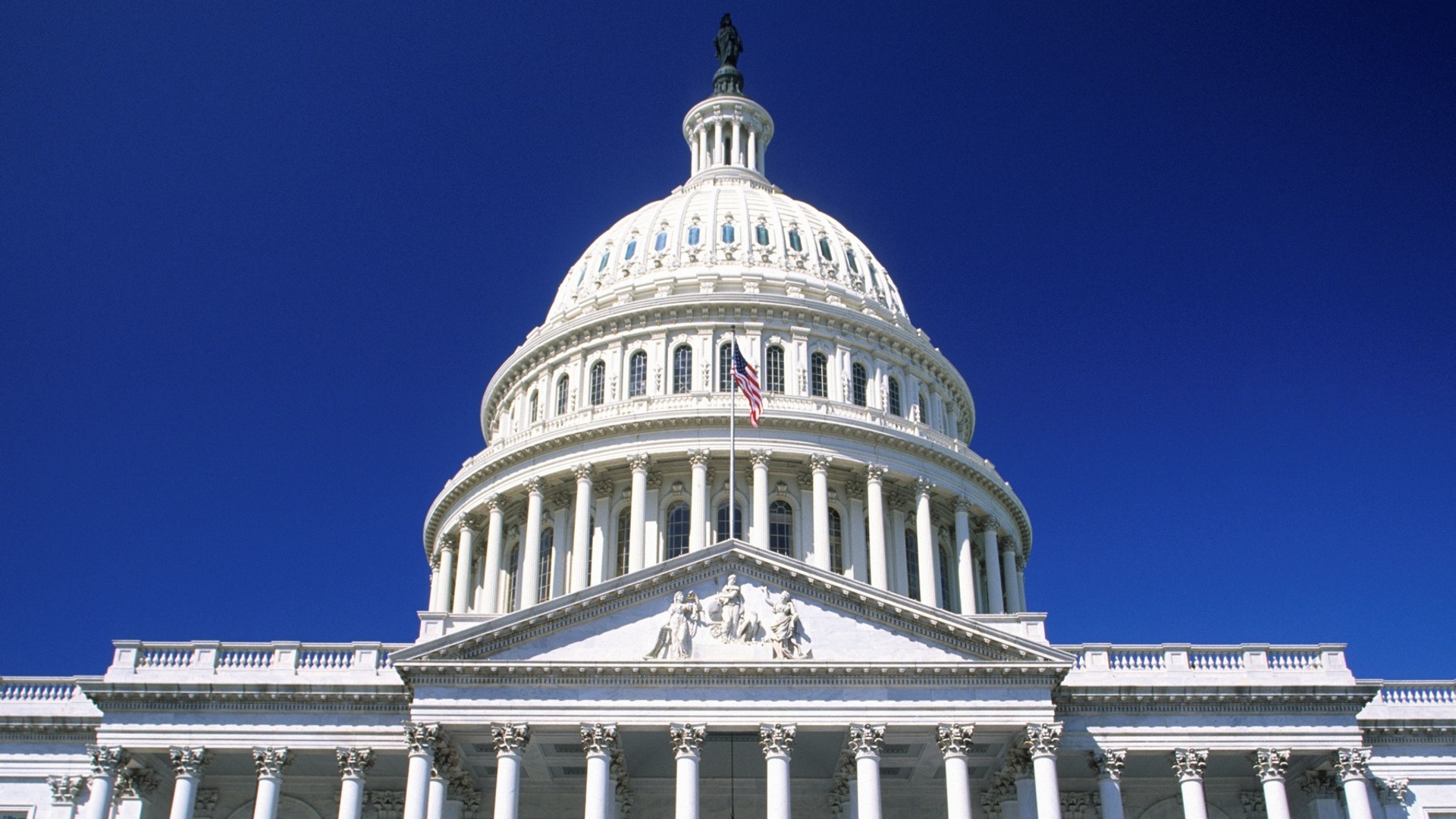

We may earn revenue from the products available on this page and participate in affiliate programs. Learn more ›
Imported vehicles may be held to higher environmental standards than cars built in the U.S. in the future, reports the Wall Street Journal. Having just rolled back the higher pollution and fuel economy targets implemented by the Obama administration, it’s rather ironic to cite environmental concerns as a reason to implement more stringent requirements for imported vehicles. But that’s exactly what the Trump administration has done.
It’s not really about protecting the environment, but to create a “non-tariff barrier” against foreign competition. Rather than putting a tax on imported goods such as steel and aluminum, the higher standards will require manufacturers to spend more money and jump through more legal hoops to sell their vehicles alongside American-made vehicles built without those handicaps. Imported cars would be more expensive as a result, giving more affordable domestic cars a market advantage.
One justification the Trump administration may have on its side is the Volkswagen “Dieselgate” scandal, where the company admitted to cheating on emission tests. But some Volkswagen models, such as the Atlas, are built here in America. Many are also built in Mexico, which may or may not be exempt from this proposal under the North American Free Trade Agreement. Additionally, American manufacturers General Motors, Ford, and Fiat-Chrysler have all been accused of cheating diesel emission tests as well, indicating that the issue is not limited to foreign manufacturers.
Another wildcard in play is California, which is not at all pleased with the relaxed standards announced earlier this week. If California, plus the numerous states that follow its lead on emissions, decides to stick to the EPA’s original standards, it’s possible that foreign and domestic manufacturers could be held to equal standards as well.
